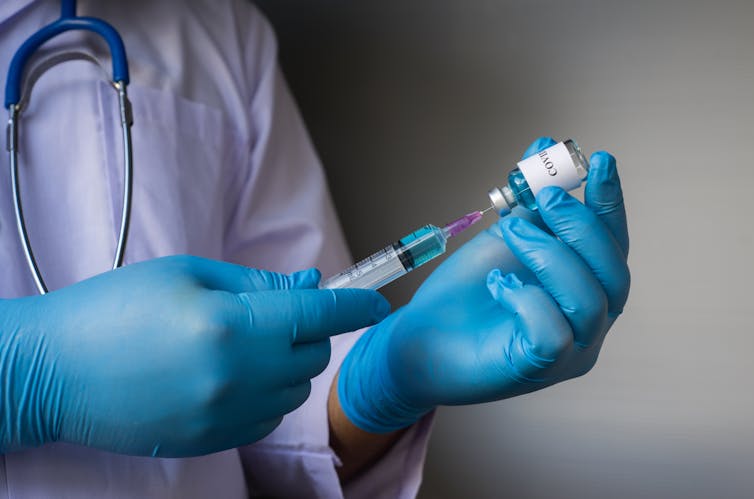Refusal Redux. Revisiting Debate About Adolescent Refusal of Treatment.
by Prof Dominic Wilkinson @Neonatalethics
Last month, in an emergency hearing, the High court in London heard a case that characterises a familiar problem in medical ethics. A 15 year old adolescent (known as ‘X’) with a long-standing medical condition, Sickle Cell disease, had a very low blood count and required an urgent blood transfusion. However, X is a Jehovah’s Witness and did not wish to receive blood as it was contrary to her religious beliefs. X’s doctors believed that she was at risk of very serious health consequences without a blood transfusion (a stroke, or even death).
Of no great surprise to anyone, the court authorised the emergency blood transfusion for X. Although X was “mature and wise beyond her years”, and judged to be ‘Gillick competent’ (see below), the judge made the decision in her best interests.

That decision is consistent with many previous cases that have come to the courts in the UK and overseas (see here, here, here )[1]. It is very similar to the case in Ian McEwan’s novel and film “The Children Act” (the book, had been based on real cases before the courts). The courts, in the UK at least, have always decided to over-rule under-eighteens who wish to refuse potentially life-saving treatment. Once the teenager reaches the age of eighteen, the decision is different, however. At that point, if they are judged to have “capacity”, (ie they have the ability to use, understand, and communicate the information necessary for a decision) they can refuse even if the treatment would certainly save their life.
Although the decision is unsurprising, the judge made a comment implying that future cases might not always reach the same conclusion. X’s lawyer argued that the traditional legal approach may be “in need of urgent re-analysis and review”, and the judge appeared to agree that these arguments needed careful consideration (not possible acutely given the urgency of X’s case).
Should the ethical and legal approach to adolescents who refuse treatment change?
Read More »Refusal Redux. Revisiting Debate About Adolescent Refusal of Treatment.

